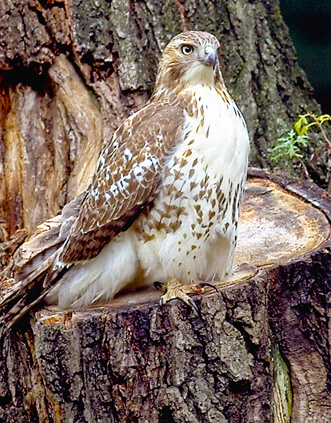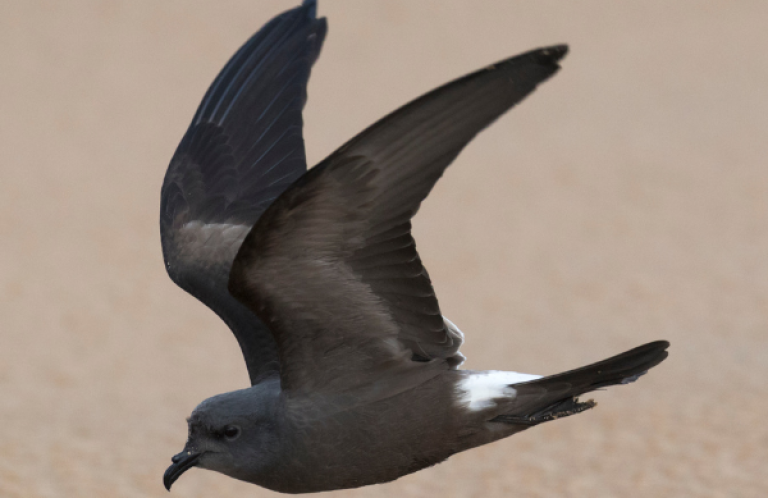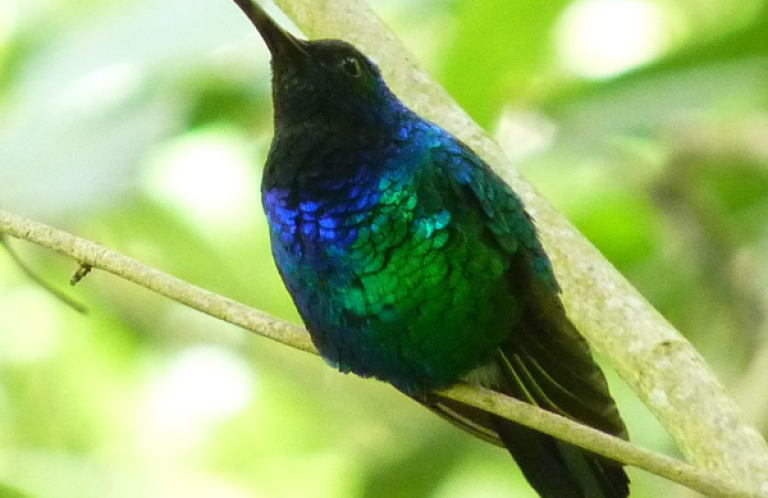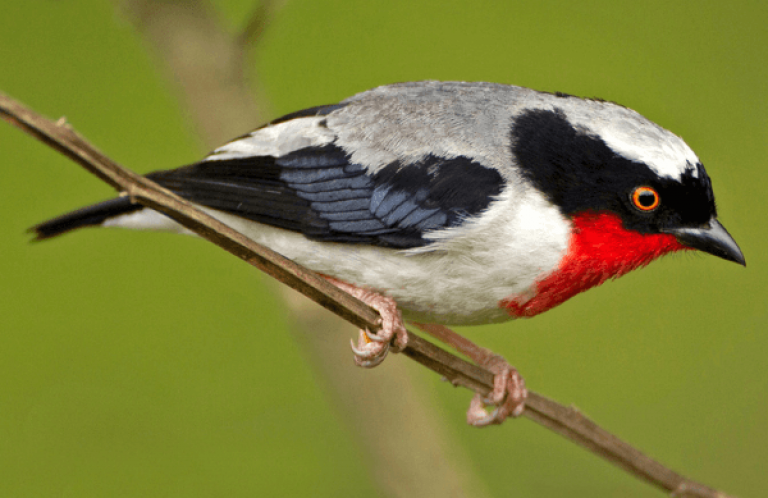Wildlife Conservation Groups Join Fight to Ban d-CON Rat Poisons
 |
| Raptors such as the Red-tailed Hawk continue to be killed by the use of certain rat poisons that EPA is trying to ban. Photo by Michael Stubblefield. |
Washington D.C. – Today, conservation groups took legal action to support the U.S. Environmental Protection Agency's (EPA) efforts to ban sales of several harmful rodenticides.
American Bird Conservancy, Center for Biological Diversity, Defenders of Wildlife and the Sierra Club, represented by the public-interest law firm Earthjustice, filed a motion to intervene in landmark administrative proceedings before the U.S. EPA.
The rodenticides at issue, marketed by British-based multinational conglomerate Reckitt Benckiser LLC, under the brand name “d-CON,” do not comply with safety measures established by EPA in 2008 to protect children, wild animals, and pets from accidental poisoning.
“Reckitt Benckiser profits at the expense of American natural heritage,” said Greg Loarie, an attorney at Earthjustice representing the groups seeking to intervene, “We will do everything we can to support EPA's decision to ban these poisons.”
The rodenticides at issue interfere with blood clotting and cause the victim to bleed to death. In the absence of safeguards, rodenticides pose a significant risk to bobcats, foxes, owls, and other animals that are apt to eat poisoned rats or mice.
“EPA is trying to protect wildlife and children from the damaging and even lethal effects of rat poison,” said Defenders of Wildlife attorney Jason Rylander. “But Reckitt Benckiser insists on putting money first. To their shame, they are the one company that still refuses to comply with reasonable safety standards.”
In 2008, EPA ordered companies to re-formulate their products in protective bait stations and to stop marketing the most toxic rodenticides on the consumer market, instead limiting their sale to large containers from agricultural supply stores. Most other manufacturers have been quick to conform.
“The d-CON company is carrying out unprecedented stalling tactics while their poisons continue to cause gruesome deaths in hawks, owls, eagles and other raptors, as well as in dogs and cats,” said Cynthia Palmer, Pesticides Program Manager for American Bird Conservancy. “Reckitt Benckiser is determined to fight this battle to the end because d-CON products are a significant source of income in their $37 billion portfolio, alongside French's Mustard, Lysol, Woolite, and other products. It is time for d-CON to put children's health and animal welfare above corporate profits and to get in line with every other rat-poison manufacturer.”
“There's no reason to leave the worst of the worst poisons on the market to benefit one multi-national corporation,” said Jonathan Evans who is the Toxics and Endangered Species Campaign Director for the Center for Biological Diversity. “There are safe, cost-effective options on the shelves today that don't indiscriminately kill wildlife.”
"Our children, America's wildlife and a rogue rodenticide manufacturer don't mix," said Andrew Christie, director of the Sierra Club's Santa Lucia Chapter. "Reckitt Benckiser's preferred profit margin is not worth another poisoned child or dead kit fox. More needs to be done, but the EPA's proposed ban of d-CON is a necessary minimum safeguard."


















































